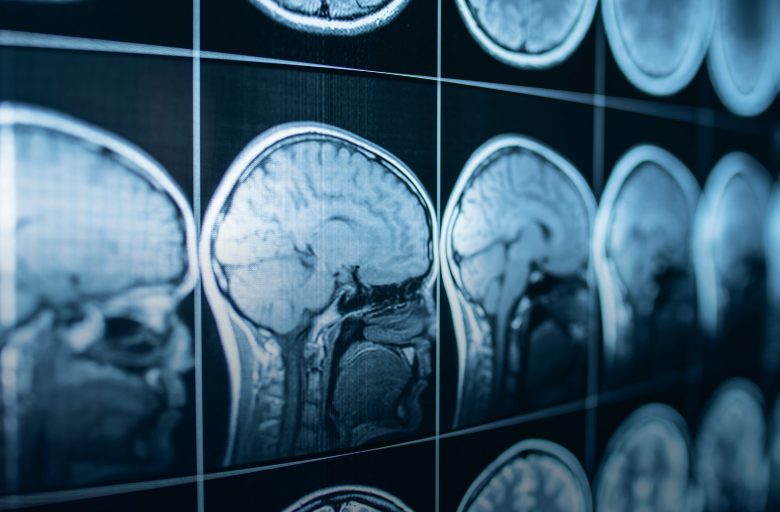
Information processing is a purposeful activity. The idea of purpose in nature has a long history going back to Aristotle, the student of Plato. Although biologists tend towards reductive materialism, biology need not be understood this way. When considering the natural world, Aristotle explored the nature of things by asking four questions summed up in his doctrine of the four causes. The material cause examined what something was made of. The formal cause explored attributes and shape. The efficient cause sought to establish how something came to be as it is. Aristotle’s genius lies in his fourth cause, where he asked of natural objects what their end (telos) was. This explored the purpose of something within the context in which it existed.
Discussing purpose in the natural world has often been avoided in biology, as it is seen as an anthropomorphic tendency. Perhaps when applied to inanimate objects this is true. To read purpose into them speaks more towards the intentionality of mind towards the object. But our attempts to understand life systems struggle without applying the concept of purpose. Since the seventeenth century, modern thought has turned away from the vision of Aristotle and its philosophy of nature found in Generation of Animals and has left us with reductive materialism and its denial of the self. Yet life systems are not inert matter: they grow and change organically because they have something we call life. Unless the individual parts of a life system — whether at the molecular, cellular or organism level — are related to their internal and external contexts, understanding won’t go beyond description. We understand by examining things through their relationships with other things. Functions relate to larger wholes that are part of systems.
Your organisation does not have access to this article.
Sign up today to give your students the edge they need to achieve their best grades with subject expertise
Subscribe




